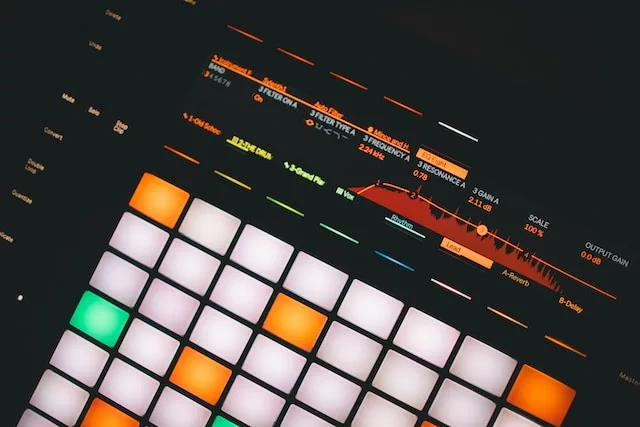Artificial Intelligence (AI) goes beyond music analysis; it can also create original music compositions. In this article, we will delve into AI music generators and their impact on the music industry.
How do AI music generators work?
AI music generators rely on advanced machine learning algorithms. They are trained on vast datasets of music to learn harmonic, rhythmic, and melodic patterns. After adequate training, they can generate new musical compositions based on these patterns.
Potential Applications:
Music Production: AI music generators can be used to create new songs or provide inspiration to composers and music producers. Film and Game Soundtracks: AI can generate original soundtracks for movies, video games, and other audiovisual productions. Personalized Music: AI can create personalized music tailored to the preferences of listeners. Support for Creators: Musicians can use AI music generators as tools for experimenting with sound and melody.
Challenges and Controversies:
While AI music generators open new possibilities in the music industry, they also pose challenges and controversies:
Authenticity Question: Can music created by AI be considered authentic artistic creativity? Copyright: Who owns the copyright to music generated by AI? Creativity vs. Algorithms: AI music generators challenge traditional notions of creativity and the role of the artist.
Despite these controversies, AI music generators have the potential to revolutionize the music industry by offering new avenues for creation and sonic exploration.

